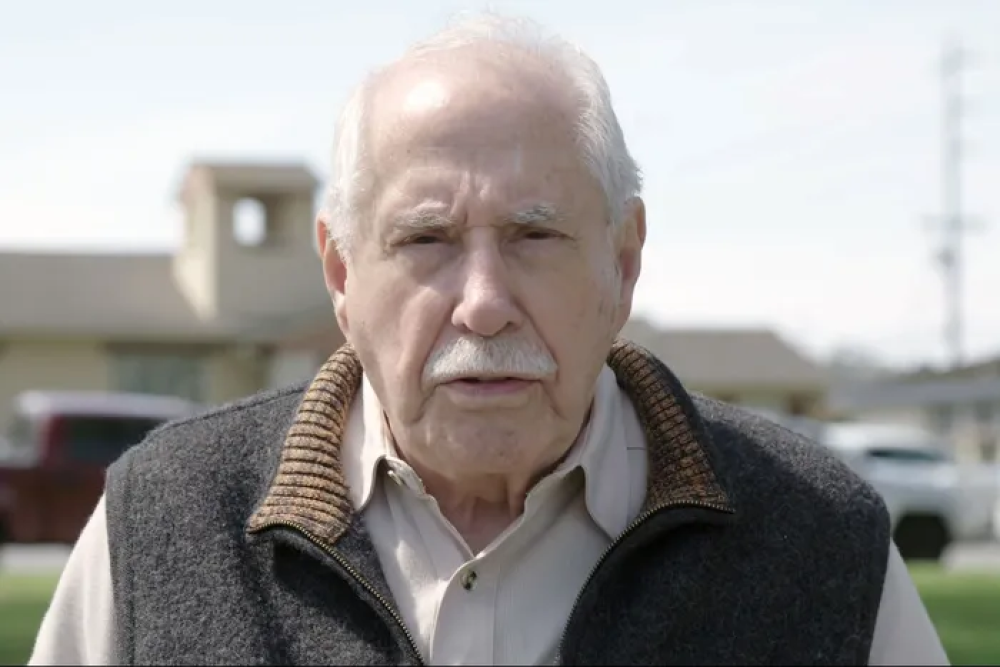
U.S. Senator Mike Gravel (1930-2021) was a long-serving politician of Alaska, best known for his anti-war stance and historic filibuster during the Vietnam-era. In 1971, Gravel was just a freshman senator when he decided to read the recently leaked Pentagon Papers (an unflattering 7,000-page secret government history of the war in Vietnam) into Congressional Record. Gravel's filibuster lasted five months and effectively forced the end of the military draft in 1973. Later, Gravel would serve two terms in the Senate, representing Alaska during the passage of landmark federal legislation that helped shape the state. Born in Massachusetts, into a family of working-class immigrants, Gravel waited until his college graduation day before moving to Alaska in 1956, three years before it became a state. Despite being drawn to politics from a young age, Gravel didn't win his first election until 1965, when he was elected to Alaska's House of Representatives. Following several decades as a real estate developer, Gravel returned to politics, running for U.S. President as member of Democratic Party during the 2008 and 2020 elections.
Before Gravel attended Columbia University, he had to pause his studies because of the Korean War. Wanting to serve his country, he decided to enlist in the U.S. Army. After spending four years in the Counter Intelligence Corps, Gravel was discharged and accepted to Columbia’s School of General Studies, where he studied economics with the highly esteemed economists Victor Fuchs and Boris Stanfield. To support himself in college, Gravel worked during the nights and weekends. He did lots of odd jobs. But after reading how Jonas Salk had worked his way through medical school driving a taxicab, Gravel bought a street map, took a test, and became a New York City cabbie. A strong student, in 1956, he graduated from Columbia University with a Bachelor of Science in economics.
After a long political career that landed Gravel in the history books, his alma mater figured out a way to appropriately show its appreciation. In 2008, Gravel learned that he was receiving the Columbia University School of General Studies' first annual Isaac Asimov Lifetime Achievement Award. The honor was all the motivation Gravel needed to make the trip from Alaska to his old college stomping grounds. Ceremonies were held in Low Library, to a crowd of approximately 250 dressed for the black-tie affair. Taking the podium, Gravel fondly recalled his hardscrabble years as a Columbia student who worked as a cab driver, lived off French onion soup, and shared a graduation cap and gown with a friend to help make ends meet. "I was honored and proud to be coming to Columbia... It's one of America's great institutions," Gravel said, later adding, "You honor me beyond belief by giving me this award."
